
OR
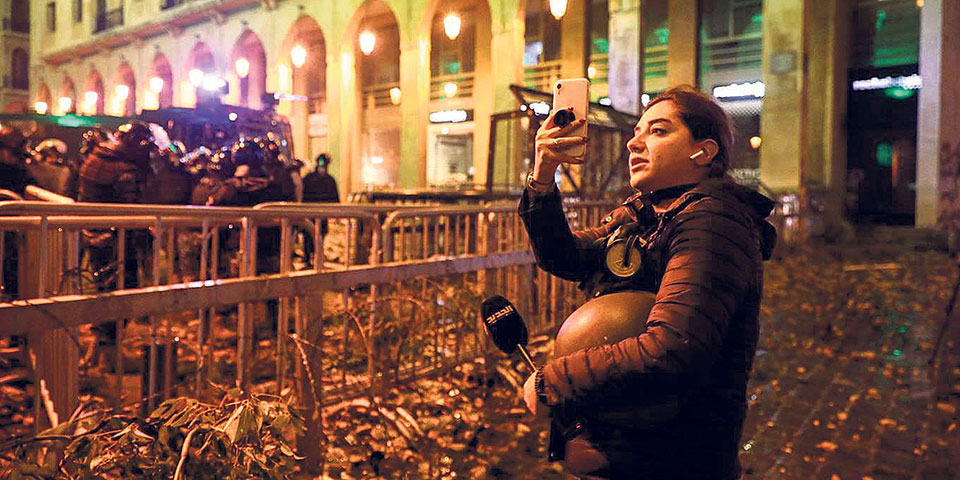
More from Author
Countries like Saudi Arabia, Egypt, and Turkey have not faced major consequences and nor have they weathered international backlash for their repression and manipulation of the media
SYDNEY – Since 2018, large antigovernment protests—what some term the Arab Spring 2.0—have reverberated across the Middle East. Protesters decry corruption, sectarianism, and economic stagnation. Like the Arab uprisings a decade ago, these protests have successfully unseated key leaders—prime ministers have resigned in Lebanon, Iraq, and Jordan, and long-term dictators were toppled in Sudan and Algeria.
In 2011, protests died down after leaders were forced out. But this time, they have continued, highlighting the region’s crisis of governance and citizenship, which cannot adequately be addressed by rotating the head on a dysfunctional body politic.
Government forces and associated militias in Iraq and Lebanon have attempted to quash protests through violence and intimidation, but protesters have remained undeterred. As a result, the authorities in these countries have turned to the example of the region’s more authoritarian governments, like Egypt and Saudi Arabia. Both have managed to quell active dissent more successfully—at least for the time being—through aggressive media suppression and information manipulation, in addition to violent repression and arrests. For these countries’ leaders, the permissive media and information environment was responsible for the protests that rocked the Arab world in 2011.
In Egypt, for example, President Abdel Fattah al-Sisi has been waging war on any fact or analysis that runs remotely counter to his regime’s interests, and he is successfully controlling the media through comprehensive constitutional and legislative changes. The Egyptian government has facilitated arrests with sweeping media laws that criminalize the dissemination of “false news” (meaning coverage that contradicts official government statements). There is also draft legislation under discussion that would criminalize the spread of rumors, with a cabinet-supervised body responsible for parsing what people whisper among themselves.
Last November’s raid on the offices of Mada Masr, Egypt’s last remaining major independent media outlet, is but one example of the country’s comprehensive assault on the media. Security officials arrested three journalists, claiming that Mada Masr had spread false information and had links to the Muslim Brotherhood (which the government considers a terrorist organization). In truth, the government conducted the raid to discredit Mada Masr after it published an unflattering article about Sisi’s son, Mahmoud. In this case, the detained journalists were released, but many have not been so lucky.
Indeed, only China and Turkey lock up more journalists than Egypt and Saudi Arabia, where the number of jailed journalists and dissidents has risen steadily since 2011. Since coming to power in 2017, Crown Prince Mohammed bin Salman (MBS) has overseen a ruthless campaign against dissenters, epitomized by the 2018 murder of dissident Saudi journalist Jamal Khashoggi, a permanent resident of the United States, at the Kingdom’s consulate in Istanbul.
MBS has not stopped at journalists; anyone perceived as a political opponent is fair game. Last November, police arrested eight writers and entrepreneurs, most of whom were not active dissidents. Two of them, the writers Abdulmajeed al-Buluwi and Badr al-Rashed, had even publicly supported MBS’s economic-reform agenda in an effort to atone for past criticism. As in Egypt, the Saudi authorities have claimed that those arrested were working to destabilize the government on behalf of a foreign power. This was the gist of social media campaigns run by MBS’s media adviser, Saud al Qatani, to discredit journalists and dissidents.
Countries like Saudi Arabia, Egypt, and Turkey have not faced major consequences and nor have they weathered international backlash for their repression and manipulation of the media. This has not only emboldened their repressive regimes; it has convinced other governments currently facing protests to use similar methods.
In Iraq, the government has blamed the media for promoting the popular frustration driving large-scale demonstrations against widespread corruption, high unemployment, poor public services, and Iranian interference. In November 2019, the media regulator blocked transmissions from Dijlah TV, a Jordan-based Iraqi broadcaster, and temporarily shut down its Baghdad offices, along with those of 11 other media outlets, over alleged violations of licensing rules. It also issued warnings to five other organizations to “adapt their discourse” about the protests to broadcasting rules.
Journalists have also been detained by security services and targeted by associated militias. Last year, unidentified armed assailants invaded the Baghdad offices of four broadcasters, ransacking studios and offices, stealing equipment, and assaulting employees. The government has cut Internet service numerous times during the protests, at significant cost to the Iraqi economy.
In Lebanon, often viewed as an oasis of media openness in the region, the government has increasingly been intimidating and arresting its critics in an effort to subdue the demonstrations that began in October 2019. Protesters’ complaints about the government’s failings—including its capture by an elite political class—can easily be twisted into charges of fomenting sectarianism, which is illegal under the constitution. Defamation is another charge used to discredit protesters and journalists.
Supporters of the country’s ruling parties have marshaled their forces to intimidate protesters and pressure service providers to shut down the social media accounts of protest leaders and prominent journalists. Those accounts are crucial because mainstream Lebanese media, controlled by political parties, have barely covered the protests. Politically controlled news outlets have also spread disinformation and claimed that foreign powers backed the protests in an attempt to weaken Lebanon.
Yet both the Lebanese and Iraqi governments have been markedly less successful than their authoritarian neighbors at using information-suppression tactics to keep citizens in line. Demonstrators seem intent on keeping up the fight until their governments genuinely respond to their demands, and media suppression has served only to highlight alternative media and communication channels.
Autocratic regimes have long understood that discrediting or suppressing the press is easier and more effective than using violence to maintain power, even if that control comes at the expense of the openness and economic dynamism that these countries desperately need. But the experiences of Iraq and Lebanon suggest that this approach has its limits. Although both countries face deep structural challenges, and journalists, writers, and intellectuals remain at risk, their political systems’ dependence on power-sharing arrangements has prevented dissenting voices from being entirely silenced.
Lydia Khalil is a research fellow in the West Asia Program at the Lowy Institute
© 2020 Project Syndicate
www.project-syndicate.org
You May Like This
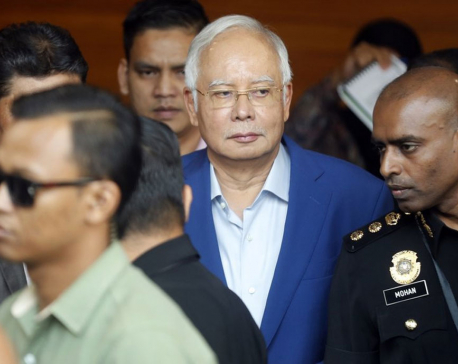
Ex-PM Najib Razak faces new corruption charges in Malaysia
KUALA LUMPUR, Sept 20: Detained former Malaysian Prime Minister Najib Razak will face at least two dozen fresh charges of... Read More...
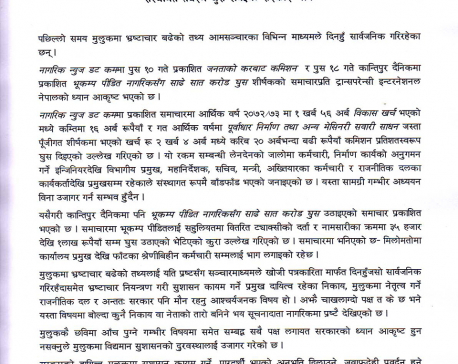
Govt silent on institutionalized corruption: TI Nepal
KATHMANDU, Jan 3: Transparency International Nepal has criticized the government’s silence toward the growing trend of institutionalization of corruption in public... Read More...






Just In
- Gold price rises by Rs 500 per tola
- Emir of Qatar returns home after wrapping up state visit to Nepal
- Senate passes bill forcing TikTok’s parent company to sell or face ban, sends to Biden for signature
- PM Dahal hosts luncheon in honor of Qatari Emir
- Tata Sumo accident in Kavre leaves 10 injured, three in critical condition
- West Indies ‘A’ cricket team arrives in Nepal
- Barpark commemorates 2015's Gorkha Earthquake
- National Development Council meeting on Thursday to finalize 16th Plan




_20240423174443.jpg)







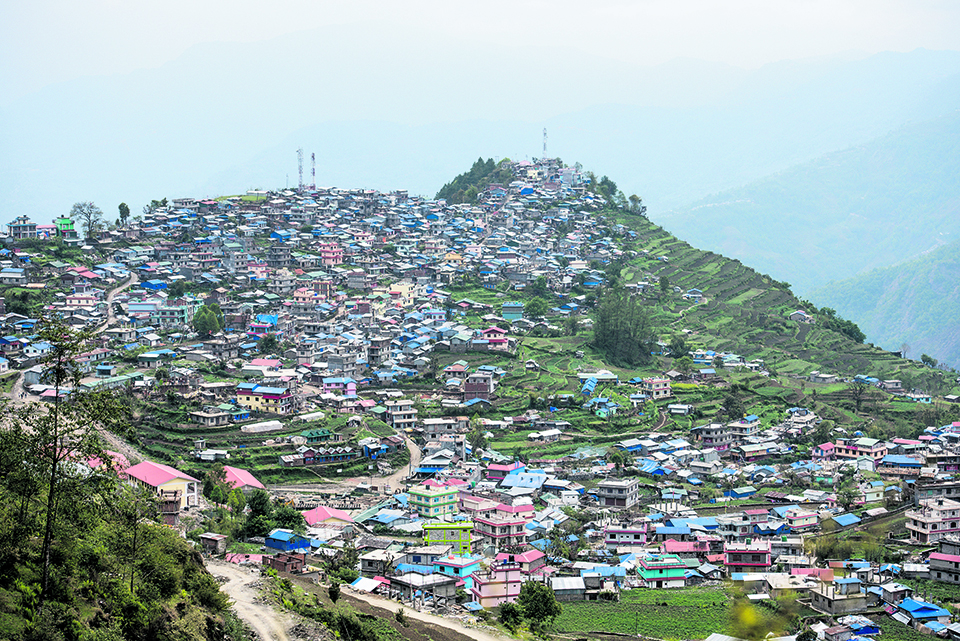
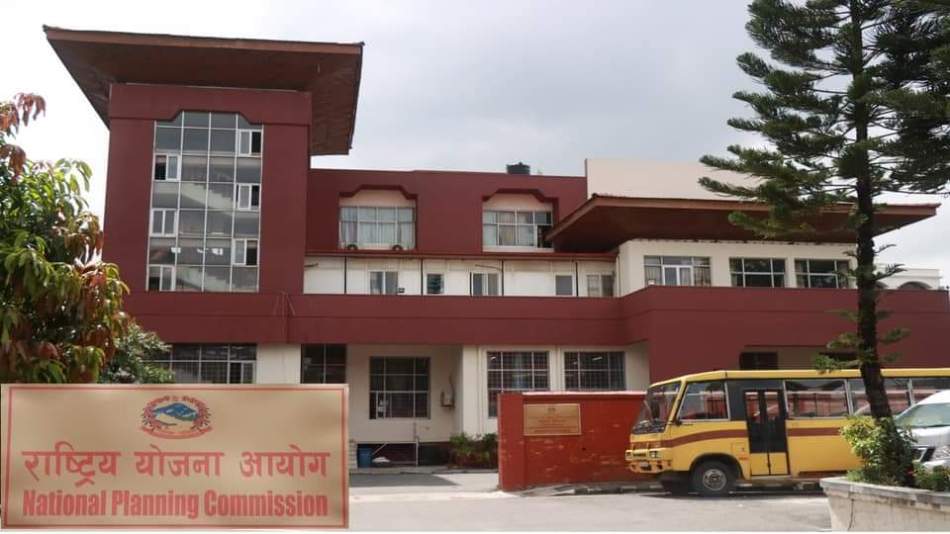
Leave A Comment